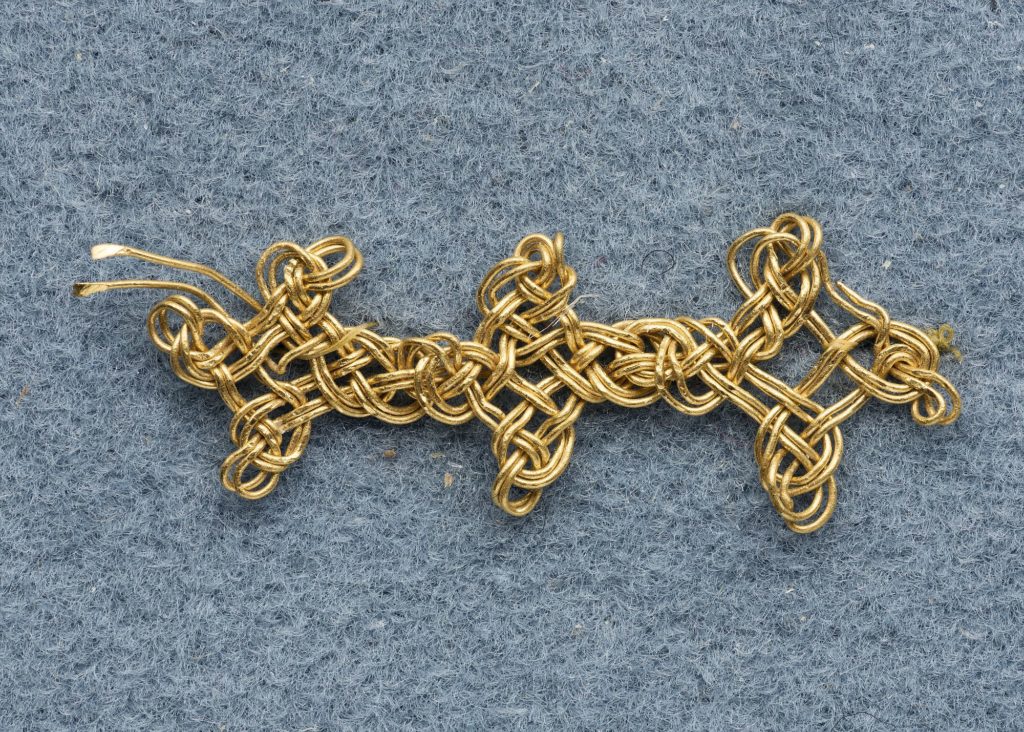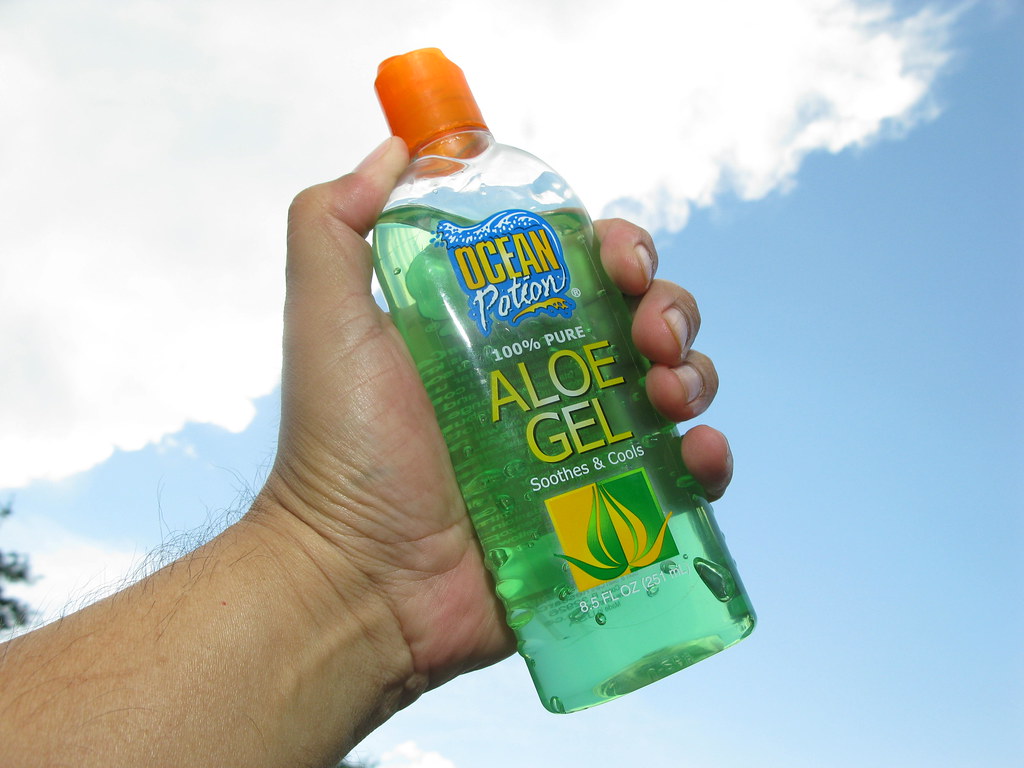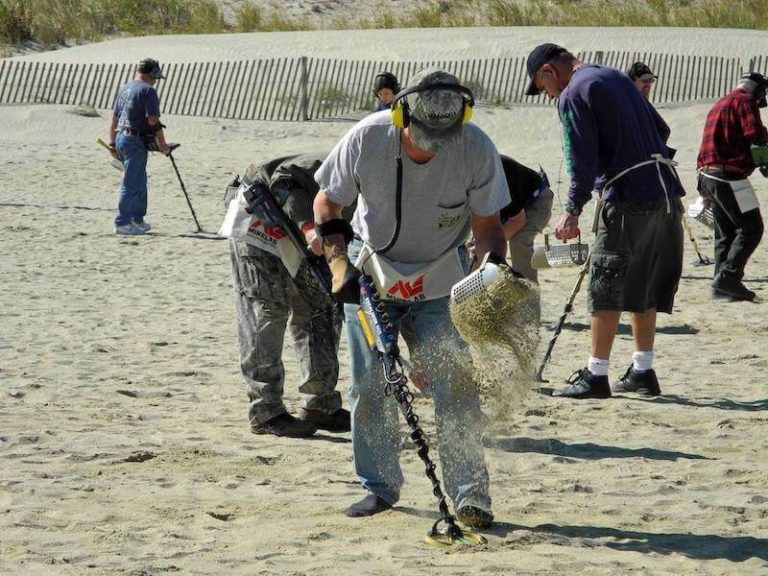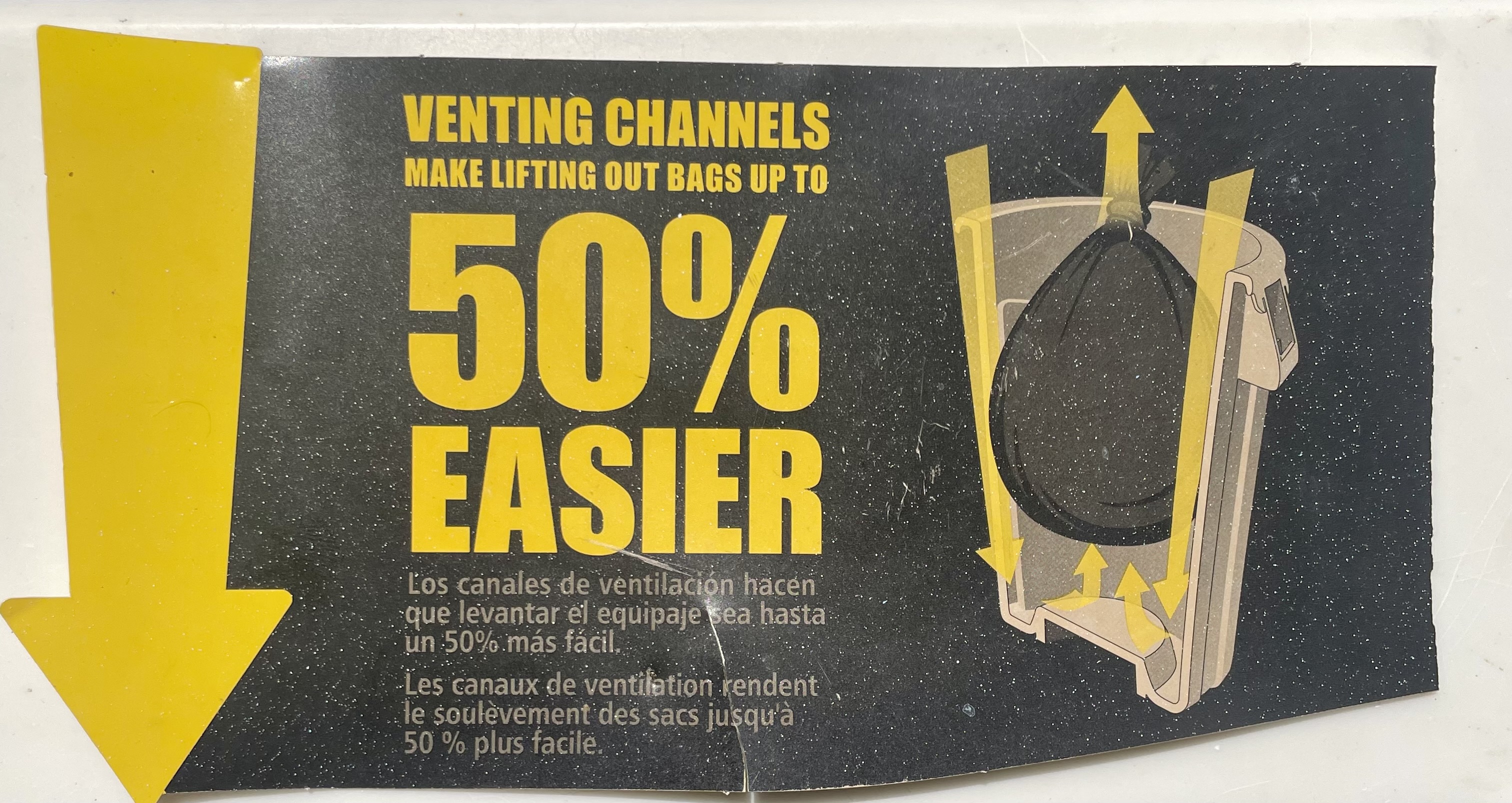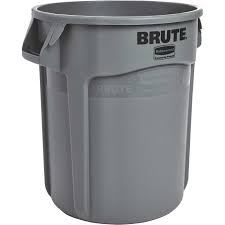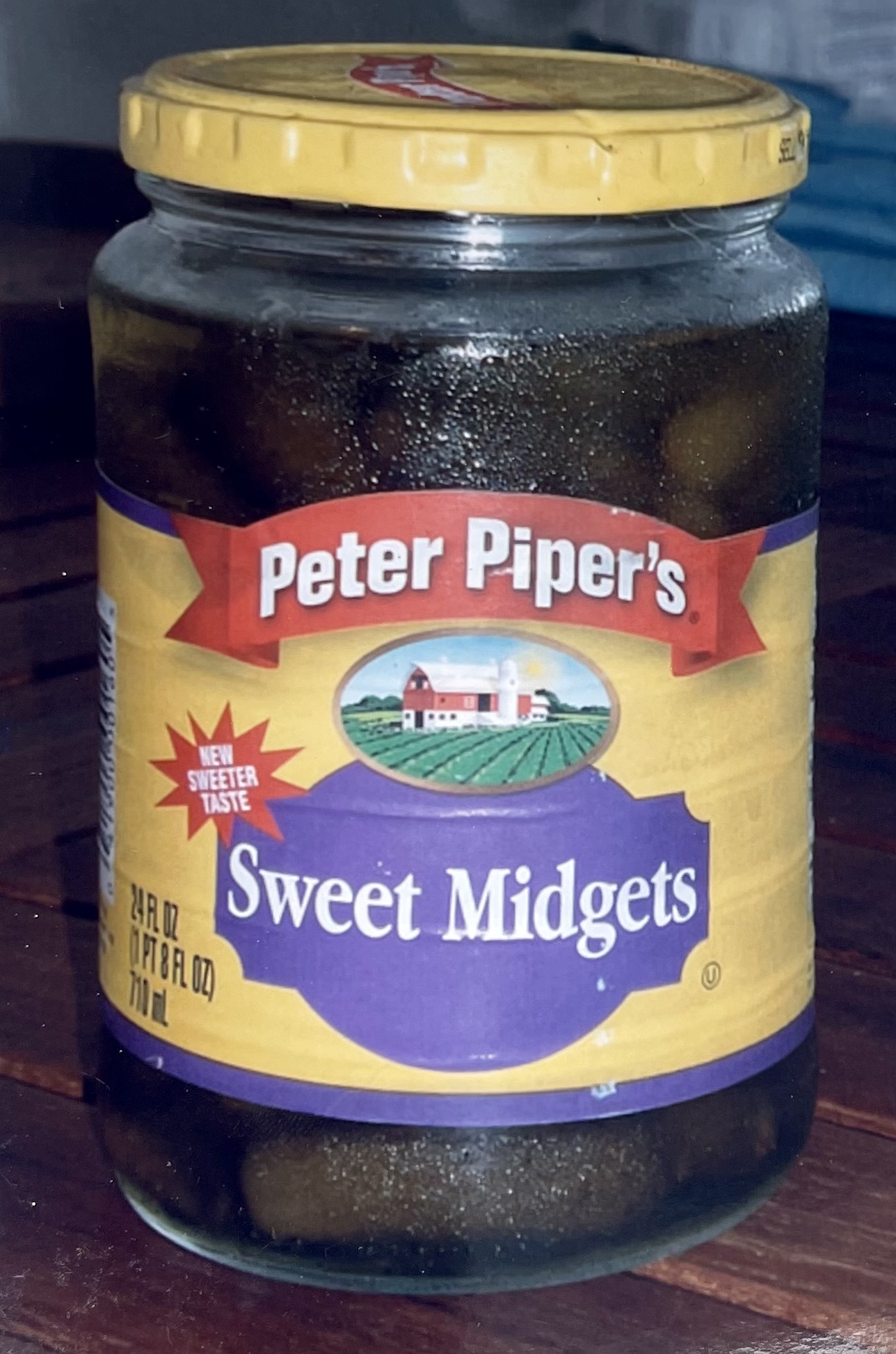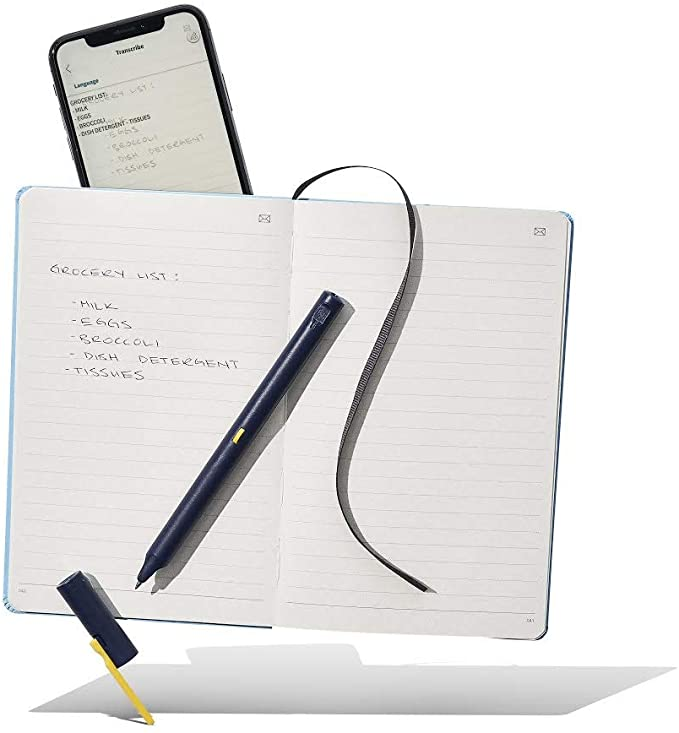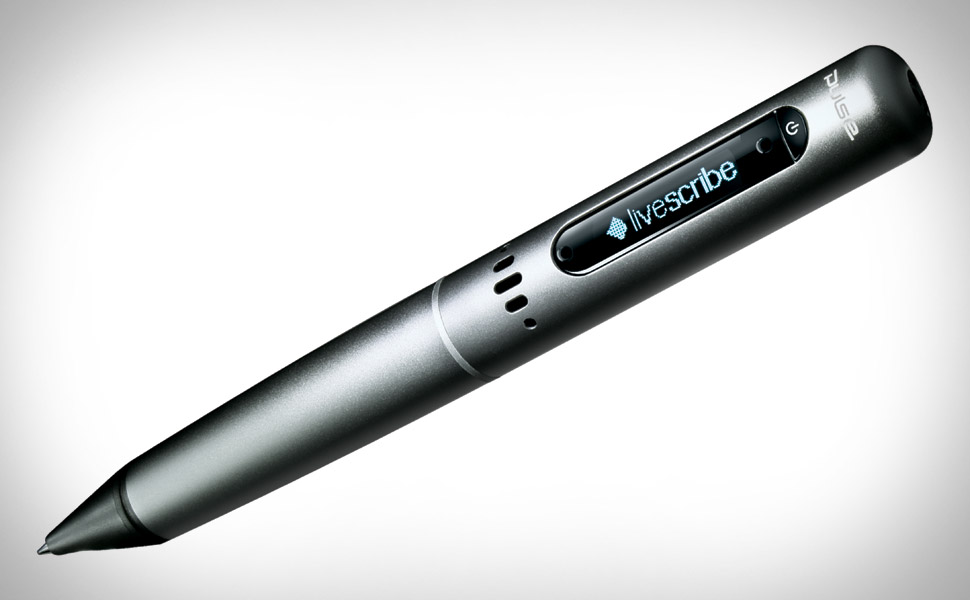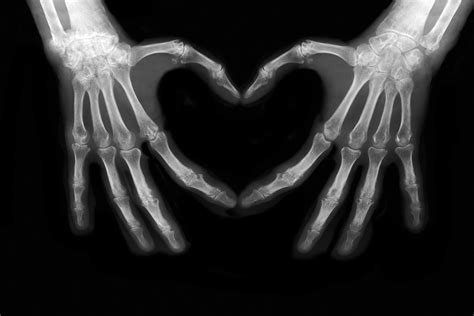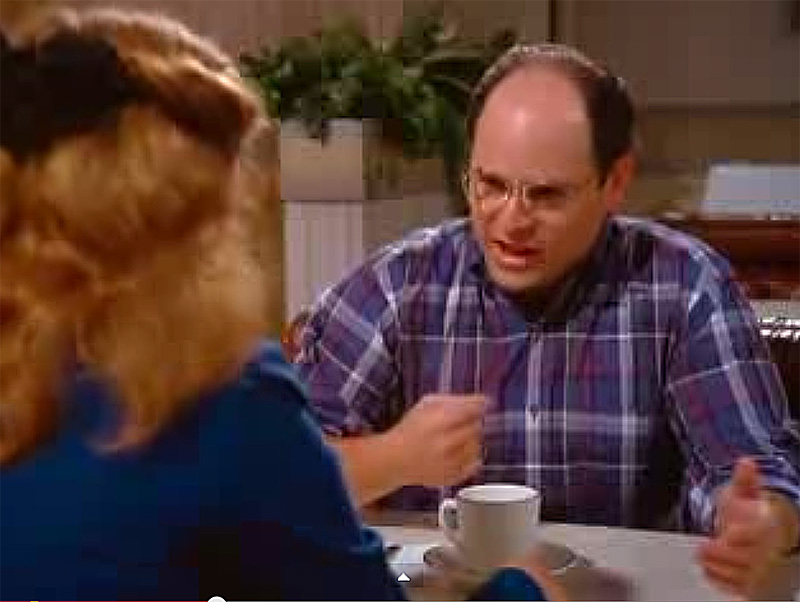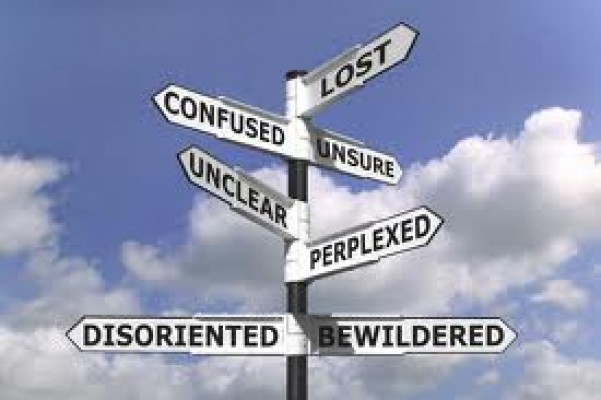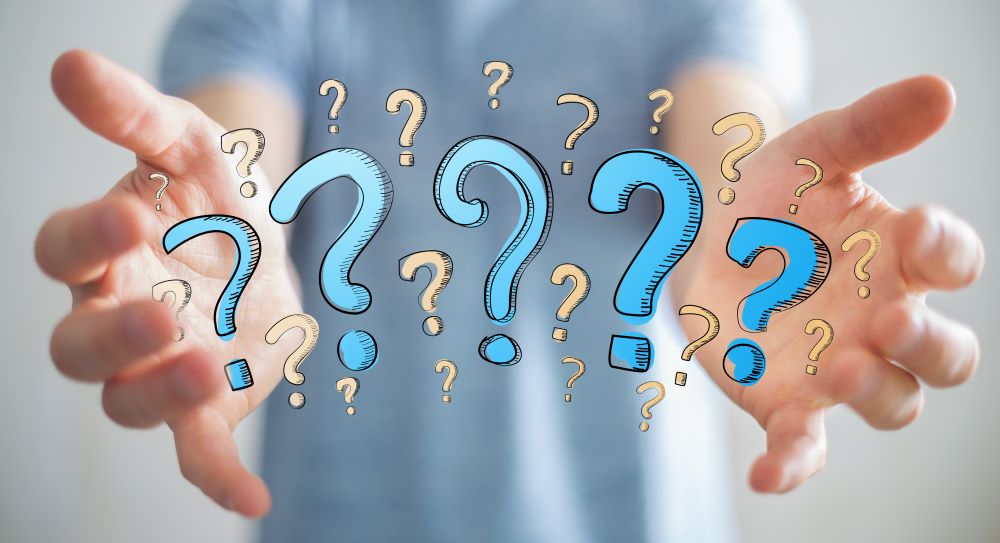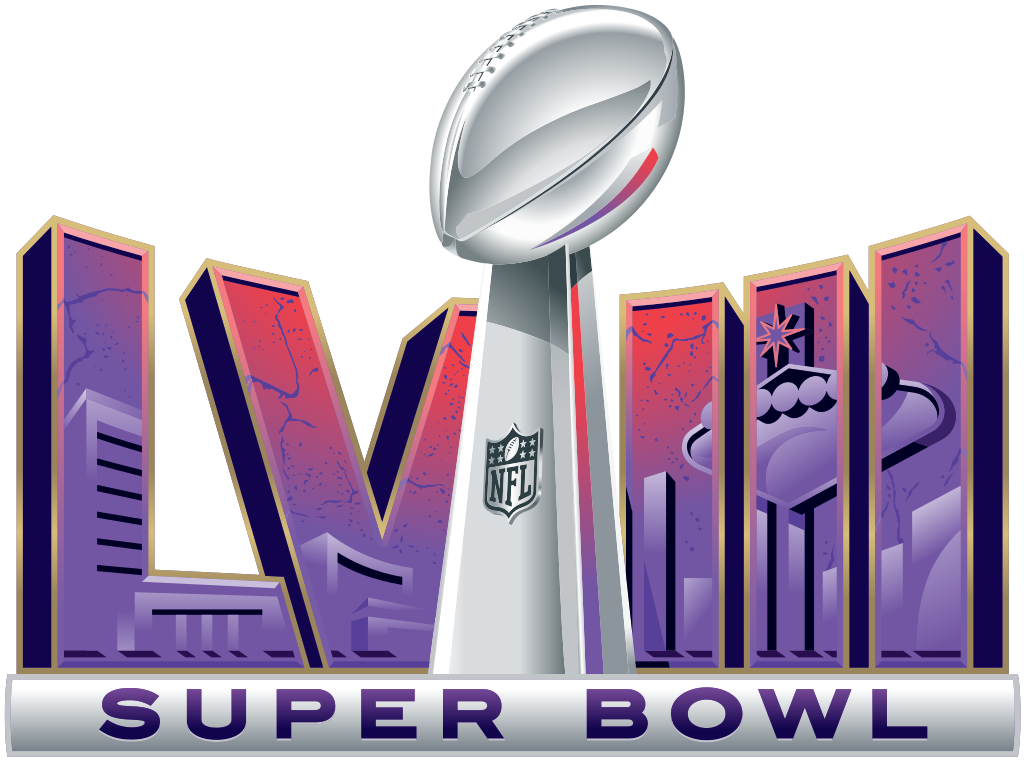I stream the previous night’s national news in the morning. It’s odd, but hey, I work weird hours. I watch multiple evening new shows and I’m always thinking about how the networks choose their content – what to lead with, the best order for the audience, and so many other questions.
Mostly I try to understand how networks choose different phrases to describe the exact same story. A journalism class I took in college opened my eyes to the ways the same story can be told and how readers and viewers feel as a result.
This morning blessed me with a great example and I’d like to know what you think. I watched the evening news of 3 different networks who had a short spot about the raid on a mayor in Oakland. While the topic was the same, how they reported was ever so slightly different, evoking a different feeling, and ultimately, I think, biasing the reporting. How do these phrases make you feel?
“Did not respond to comment”
The implied activity is that the reporter tried and the person in the story did not respond. But wait, why is the person not responding? There’s a load of assumption on this one. I’m thinking that we have good reporters doing their job, and the bad person is not talking to them. But wait – did the reporter have the right contact info? Maybe the person in the story was at the gym. Maybe he was working. Maybe he was on the can. All we really know is the reporter did not get a response. So why do I feel negative about the person who did not respond?
“Was not available for comment”
This one clearly states that the person in the story was unavailable, but it tells me nothing about any effort on the reporter’s part. There’s a tacit feeling that the person in the news story is being evasive, but maybe this person was on vacation? At a funeral, whatever. Sadly, this one says nothing about any efforts to contact the person, simply that they were not around. Why do I suddenly assume they should have been around? How rude, right?
“Could not be reached for comment”
Ahh, love this one. Tells me the news organization worked to get it and the poor soul could have been anywhere. Why do I think this guy must be avoiding the reporter? This one definitely implies the news organization tried, right? But did they? Maybe the reporter’s phone died and she simply couldn’t call the guy to get a comment. If the reporter did nothing, then the person really couldn’t be reached. Vague and safe, but kind of leaves me confused. Ms. Reporter, a little more detail, please.
So What?
Certainly reporters and news organizations are going to do what they do. Unfortunately, I think it’s up to us to listen carefully and truly hear what is being reported in the news.
When it comes to marketing research, it’s up to the researcher to listen carefully and understand what interviewees are saying. The same idiosyncrasies in the news exist in our discussions with each other. If only I could probe the reporter! Thankfully, I get to ask people a lot of follow-up questions in my job.
How do you experience the news?

